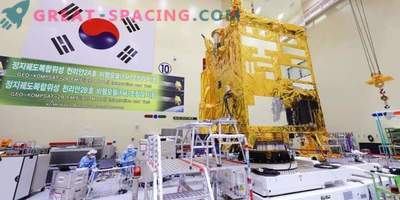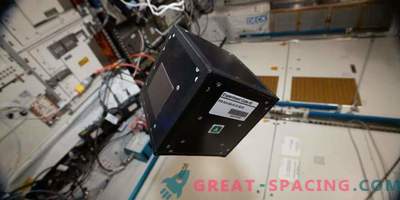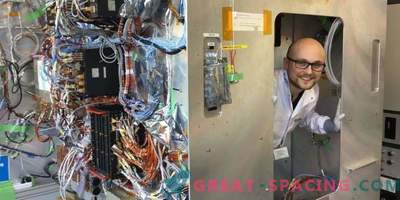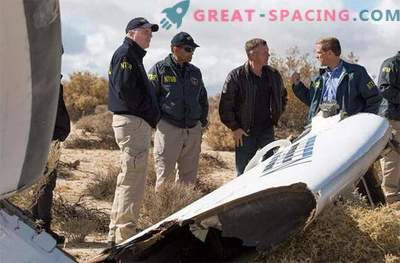
NASA astronaut Donald Pettit keeps a ThinkPad on the ISS during Expedition 30. Before sending personal electronic devices into space, NASA checks them for resistance to radiation.
Humanity is actively preparing for the development of the space tourism industry. Just imagine the opportunity to get a mobile phone and take a selfie on the background of the Earth. However, we will have to face certain problems concerning the operation of electronic devices and the protection of personal data in space.
A typical smartphone, tablet, or laptop crashes on the ISS due to radiation and microgravity effects. So it’s not so easy to send a harmless photo of the cosmos to Earth. But this is not all problems. NASA is constantly forced to face the fact that hackers break communication and sometimes even try to take control of satellites in space. Your mobile phones are even easier for them.
Well, how then are all these photos and selfies from astronauts on the ISS? How do they manage to protect personal data? Well, the short answer is: be very vigilant. Data protection on the electronic instruments of the orbital station is incredibly important not only for research and scientific experiments, but also personal information that employees publish on social networks.
The ISS makes 16 revolutions around the Earth per day (every 90 minutes), so crew members save their data to 13 destinations, including hard drives and cloud storage, like Google Drive, Dropbox and Microsoft OneDrive. This includes information on cancer research, the cultivation of bacteria and other experimental data. Without copying and saving rules, NASA risks losing a lot of valuable information. This includes monitoring the health of the crew, each interview with astronauts and photo space. Agree that we are upset when the phone encounters a malfunction. But imagine that this happened in space, at a distance of hundreds of miles from the home planet. What will a space tourist bring with him? We'll have to think carefully about the backup tools.
The analysis shows that every week in the United States alone, about 140,000 hard drives are crashing. Recovery sometimes costs $ 7,500, with no guarantee of success. Statistics also indicate that about 70 million smartphones become victims of thefts (physical loss or hacking).
I am glad that the ISS constantly monitors this issue and is preparing to become the best data protector in space. The orbital station is trying to remind all of humanity that personal data are always under threat of theft and hacking. Therefore, we should not forget at least about the basic rules for the preservation of valuable information on external and additional virtual media. One day, the tourists will go to the first space walk, so let's hope that by that moment the problem with data loss and faults in technology will be minimized.











































